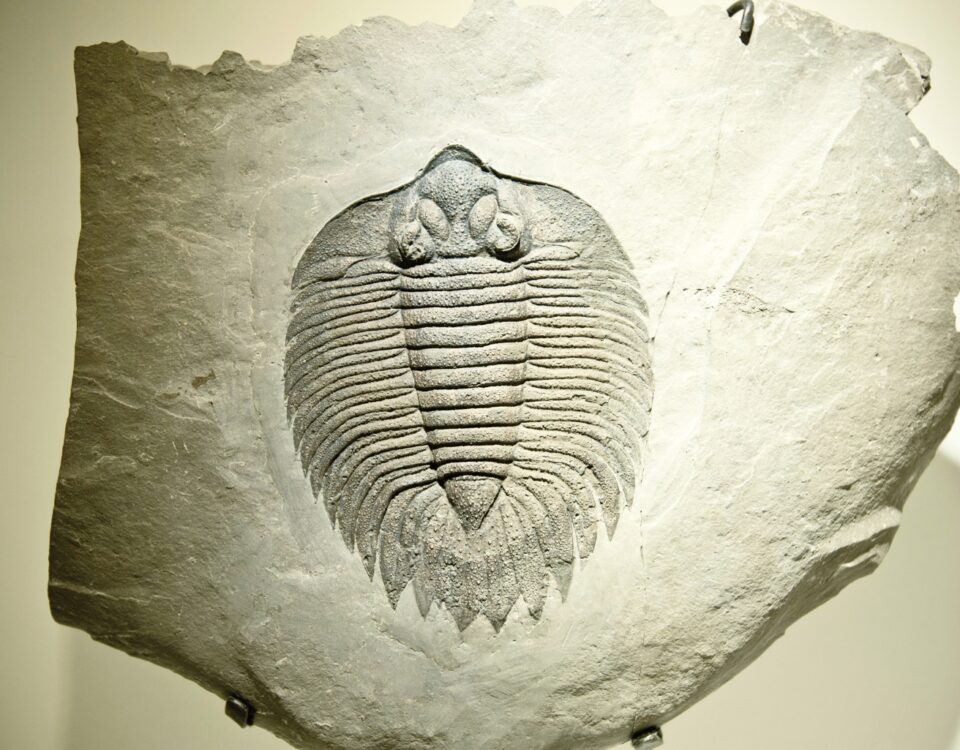
This little light of mine…
March 9, 2022
Mirror Talk
May 16, 2022My phone rang suddenly, and I jumped. I glanced at the number and didn’t recognize it. My thought was that this was probably just another call from a telemarketer selling unwanted car warranties. I hesitated but then I thought, “The call might be important.”
Before long I felt like I was on the TV show Dragnet as I tried to discern “just the facts, ma’am. Just the facts.” Little did I know what I was beginning. This was to be a challenge that needed to be addressed.
I answered and identified myself. An unfamiliar voice answered, “We are an assisted care facility. I know from your book that you work primarily with nurses. Would you consider working with our leadership team? We are stuck in grief, and we need to recalibrate after the pandemic.”
Stuck in grief? That sounded uncomfortably familiar. Recalibration? That’s something I can understand.
Grief is a sticky emotion. It doesn’t disappear like fairy footprints in the garden. When it chooses to come, it aims right for your heart to wrestle you down to the ground. Unlike feelings evoked from memories of things that brought you happiness, grief is raw, and the feelings are just as real as when your loss first happened.
I know a little about grief. First as a critical care chaplain and then working with organ donor families, I have decades of experience. I’ve held hands and dried tears for many as they faced one of life’s biggest mysteries: death.
Then things got personal. My husband was diagnosed with rare thymic cancer that, over time, resulted in his death.
I write that statement from my head.
My heart wants to tell you about the remarkable person he was.
My heart wants to share how speaking to a good-looking man over a cup of coffee in New Orleans led to over 40 years of shared experience of love and respect.
My heart prefers to forget the vascular dementia brought on by heart failure from every treatment we could think of.
My heart prefers to forget the last days of ‘terminal restlessness’ as his body thrashed around in the bed preparing to let go of life.
My heart…oh, my heart.
Oh, sure. I’ve studied Elisabeth Kubler-Ross’s work with the dying that spelled out stages of grief. I give thanks for her groundbreaking work that opened the door to talking about death and dying. Her studies focused on grief of those approaching death but over time stages of grief filtered into broader use.
If only it were so easy.
- denial
- anger
- bargaining
- depression
- acceptance
I’ve felt all of those but those feelings are only phase one.
The Ripples of Grief
There’s also anticipatory grief that comes with the realization that the life story with the happily-ever-after ending isn’t going to be the one you get.
There is grief from watching a vibrant, healthy loved one dissolve before your eyes as you stand by absolutely helpless.
There is the grief that comes from seeing someone you care for suffer physically, emotionally and spiritually. Fortunately, my husband was solid in his faith, so I was spared watching that disintegrate too.
There is the grief of leaving a job and a city I loved, moving from our newly renovated “forever” home to be near the family support we needed to make it through that last, hard stretch.
There is grief in deaths coming so fast – mother, brother, husband and even my dog—that there was hardly time to grieve one before the next one was gone
Stuck in grief? I’ve got this.
- Primary grief is the loss of someone or something dear to you.
- Secondary grief refers to the ongoing process of grieving everything else.
Primary grief is the stone tossed into a quiet pond.
Secondary grief is the resulting ripples emanating from that stone breaking the surface of the water.
Loss of something important lies at the root of grief. For some it’s the loss of a job or a lifestyle. It’s all personal, but my losses centered on people.
I had a full understanding of the initial blast of grief that comes with the loss of a loved one. What I wasn’t expecting was that next tier of grief. I thought grief was the loss of someone you love and that was it. But the loss shows up in other ways too.
Place in society
The advice to wait a year after your loss before you do anything is valid. Nothing makes sense that first year.
Remember anger in the Kubler-Ross list of grief responses? Mine showed up in full force soon after James’ death.
Here I was looking at a form I had to fill out for some essential reason or another. The questions asked my relationship status. My encounter with the form did not begin well. Before I knew it, I was screaming at this piece of paper that was obviously composed by someone with little life experience particularly in the area of death.
The question “What is your relationship status?’ is very common but the responses were limited to:
- Married
- Divorced
- Single
What happened to the category: Widowed?
I yelled at the form. I had been unexpectedly thrown deep into the quagmire question of where my place is now in the world. When did the word ‘widow’ fall off the map?
I am single but not by choice. I had been half of a marriage for over 40 years. Now, suddenly I had to find my way to establish who I was separate from my mate, my pal, my partner. I felt abandoned and discounted by a world that avoids the subject of death.
I’m a widow and I demand respect.
Financial Security
I was more fortunate than many. My husband was on Social Security so I could claim his benefits. But what about households that depend on a single salary or government benefit? In my work as chaplain, I often saw this fear bubble up for families following a bike or motorcycle accident. Where’s the next paycheck coming from? How are we going to pay for the funeral? Results of that single death reverberated through the generations. Spouse, children, as well as extended families are faced with an unexpected loss of income. How will we survive?
Fear of the Future
Who, what, why, when, where? These are life’s ongoing questions but without the comfort of someone to make decisions with you, choices may feel overwhelming.
When my husband died, I was at a crossroad. One road ended in being stuck in grief. He was gone and not coming back.
What was I to do? What would I choose? Was I going to live or was I going to die? It wouldn’t be physical death, but I could easily have shut down, sat on the couch eating junk food and watching TV waiting for James to come get me.
Or would I take the other road? Would I choose life?
Reflect, Reconnect & Restore
In a way that phone call opened my eyes to the grief that is endemic in the post lockdown COVID world.
My grief was personal but if we care about the work we do, isn’t that personal too? If we are challenged to step into new roles while we leave our old ones, isn’t that personal grief? Or maybe we just miss how life used to be and wished it could all go back the way it was. That longing is grief as well.
As I spoke to the head of the assisted care facility, I could see that the leadership team had suffered losses similar to mine. The healthcare world as they knew it had been stripped away by a disease that fought not just with a virus but with fear, unknowing, and loss of structure. Yet they handled their challenges beautifully and were able to maintain good quality care of their patients. Now it was time to shake off the past and find a new direction.
Grief is sticky but that doesn’t mean that it can’t be handled. I looked at my own stages of recovery and I saw what steps helped me most.
Reflect
I let the memories flood over me, and I willed myself to feel the pain. The pandemic lockdown shut off some of my favorite avenues to numbness like food or shoe shopping as I hunkered down in my little house. But I felt in my bones that the only way through to healing was to feel the pain and let it go. Otherwise, it would fester and show in other ways.
It wasn’t easy. I especially dreaded what I called the “Blindside Hits.” Tiny triggers that elicited waves of grief. Sometimes it was a song, or just a memory that popped up that brought me to my knees once again.
One day I was driving to a hospital for work when one of those hits t-boned me. I had to be focused for the work I did. I couldn’t let this distract me. I pulled over and said out loud,” Please stop the blindside hits. I can’t take them anymore.” They still show up but not as often and not as intensely. They show up as a nudge not a full body slam. That does make them easier to handle.
James really declined and at the end. For a while, all I could remember were the really hard times. I thought, “After 40 years, THIS is all I remember?” God’s grace helped me through that one too. Gentle sharing of memories with longtime friends helped me anchor myself in the whole of our marriage, not just that last sliver of the time we had together.
Reconnect
A couple of years after James’ death, I finally woke up. I thought of Sleeping Beauty waking up after her long, long slumber. In my mind I saw her stretch, rub her eyes, and look around to see a different world. I could hear her say, “What happened to those 100 years?”
My snooze was only a decade or so, but slowly I felt myself stepping back into life.
I realized my friends and family had carried me through this time of slumber and now they were tugging me back into the stream of life.
For me, the awakening was not dramatic. It was more like the seedling pushing up against the soil to grow toward the sun. Slowly, I regained my footing.
I joined my son and his family for Christmas a couple of years after James’ death. We were chatting about different things, and I noticed them passing glances as we talked. I realized that something about me was different, and they weren’t sure what to make of me. I said, “I see you exchanging glances. I guess I am different. I’ve decided that it’s ok to be happy.”
That was a turning point for me.
Restore
I look back on the footprints I left in the dew of the morning grass. They still point forward. If I were to go back to them, I’d be facing in the wrong direction. I would also be blocking my growth along with the opportunities that come with it.
“It takes a while to back down from a fight.” That’s what my son said shortly after his father’s death. We were sitting in the living room, and he noticed that I still cocked my ear toward the bedroom even though the funeral home had carried James’ body away.
Listening for sounds from the next room was a habit that would take a while to break. Eventually I did. Change came slowly.
- I allowed myself to take as many naps as I could squeeze in once I realized I was exhausted from being on high alert for years.
- I replaced the hospital bed with a different one that James had never slept in.
- After a year, I removed my wedding ring.
Slow and steady wins the race.
And there was one more thing I did. The day I was defending my listening study in Chicago, James was getting his first of many scans in New Orleans. The news was not good, and I sealed up all my work and set it aside to give him my full attention.
James knew this work was important to me and he encouraged me to get back to my work on deep listening and I did.
It took me a while, but I wrote an Amazon best-selling book, Heart to Heart: Spiritual Care through Deep Listening. I am grateful for that project. That was my grief work and kept me on track as I grew stronger and recovered to recalibrate myself.
Perhaps grief is curled up inside of you waiting for just the right trigger to take you to your knees.
When it comes, feel it, and let the grief flow. The shortest way out is straight ahead.
And as one who has walked this road may I give you hope that, in time, things will get better.
After all, even those ripples in the pond find their way to the shore.




